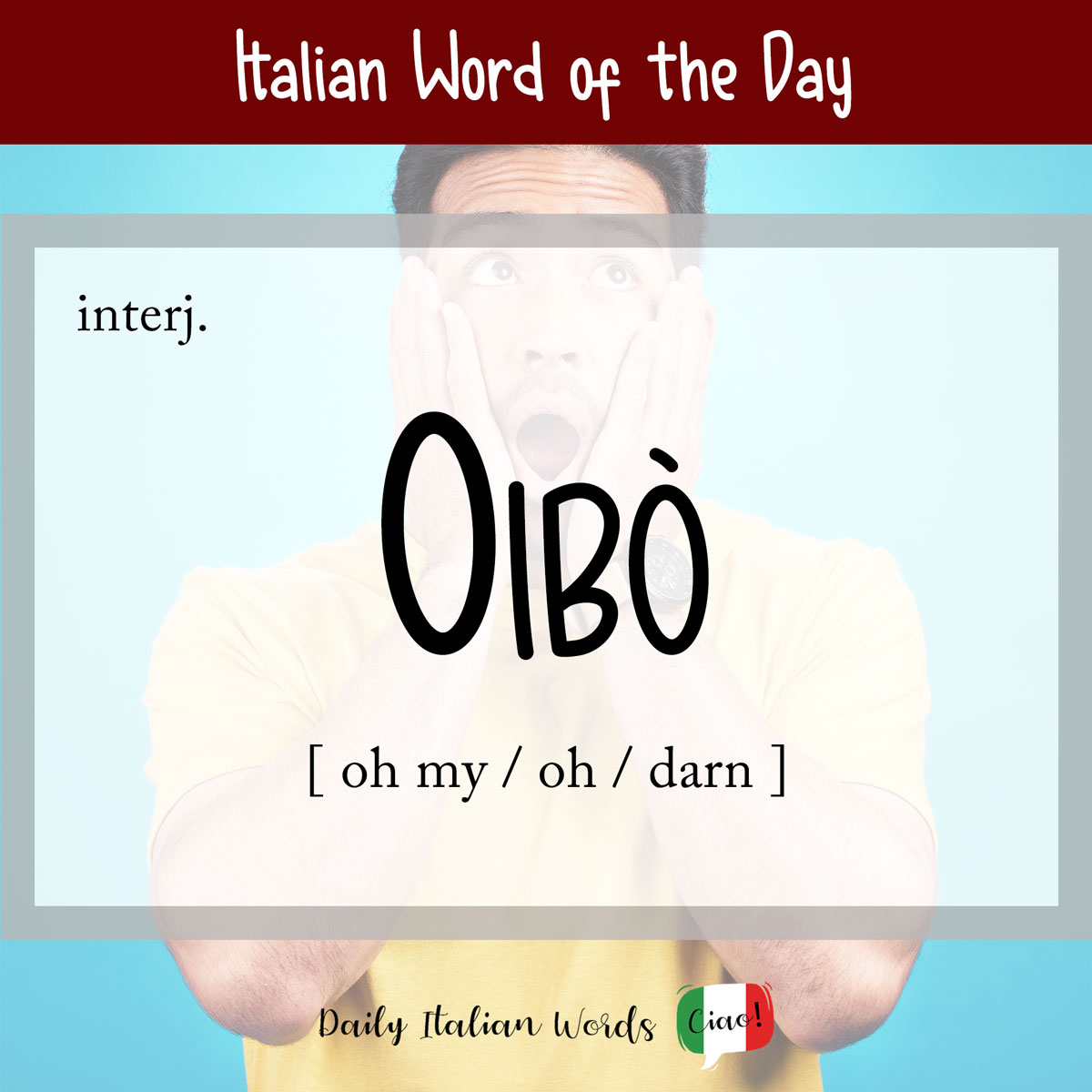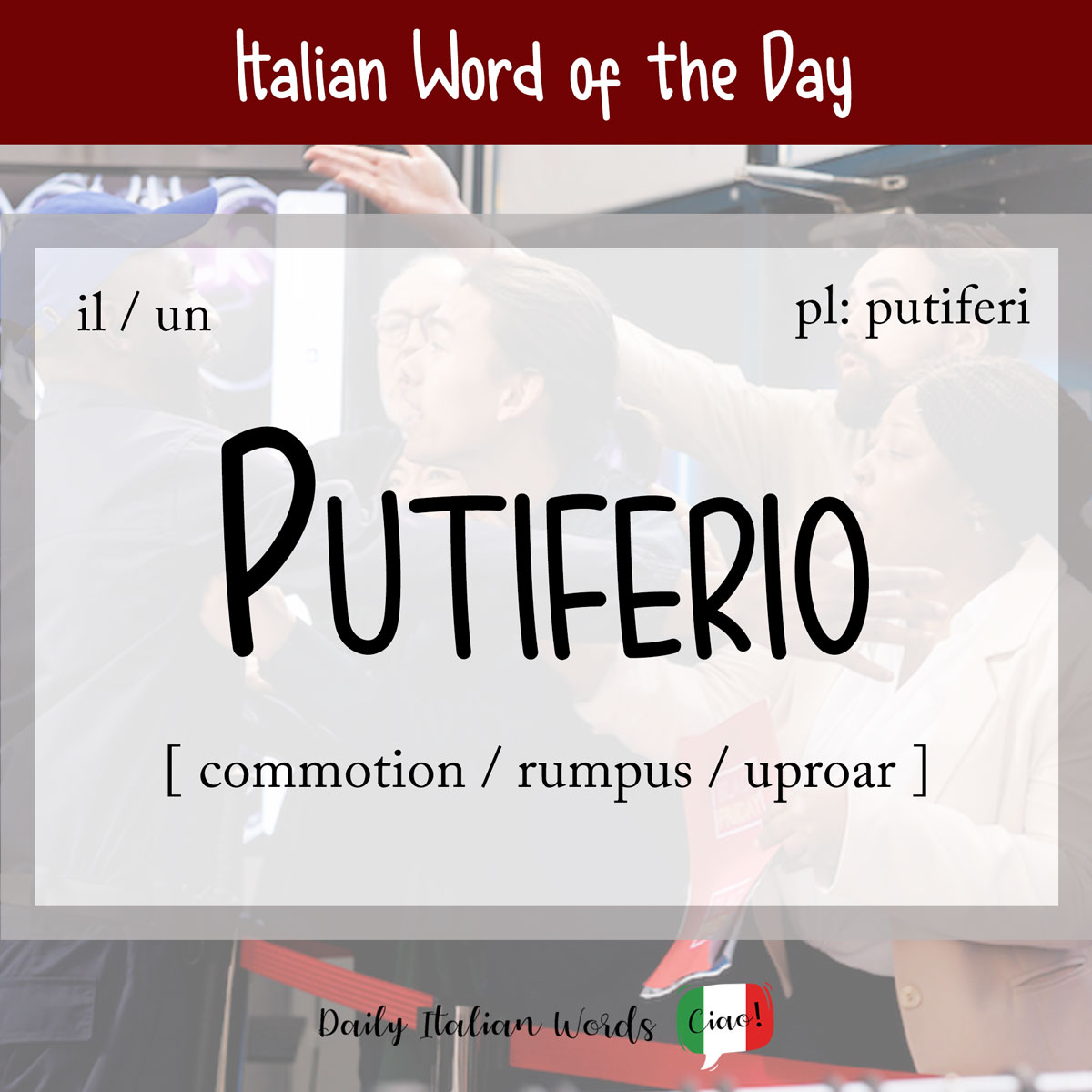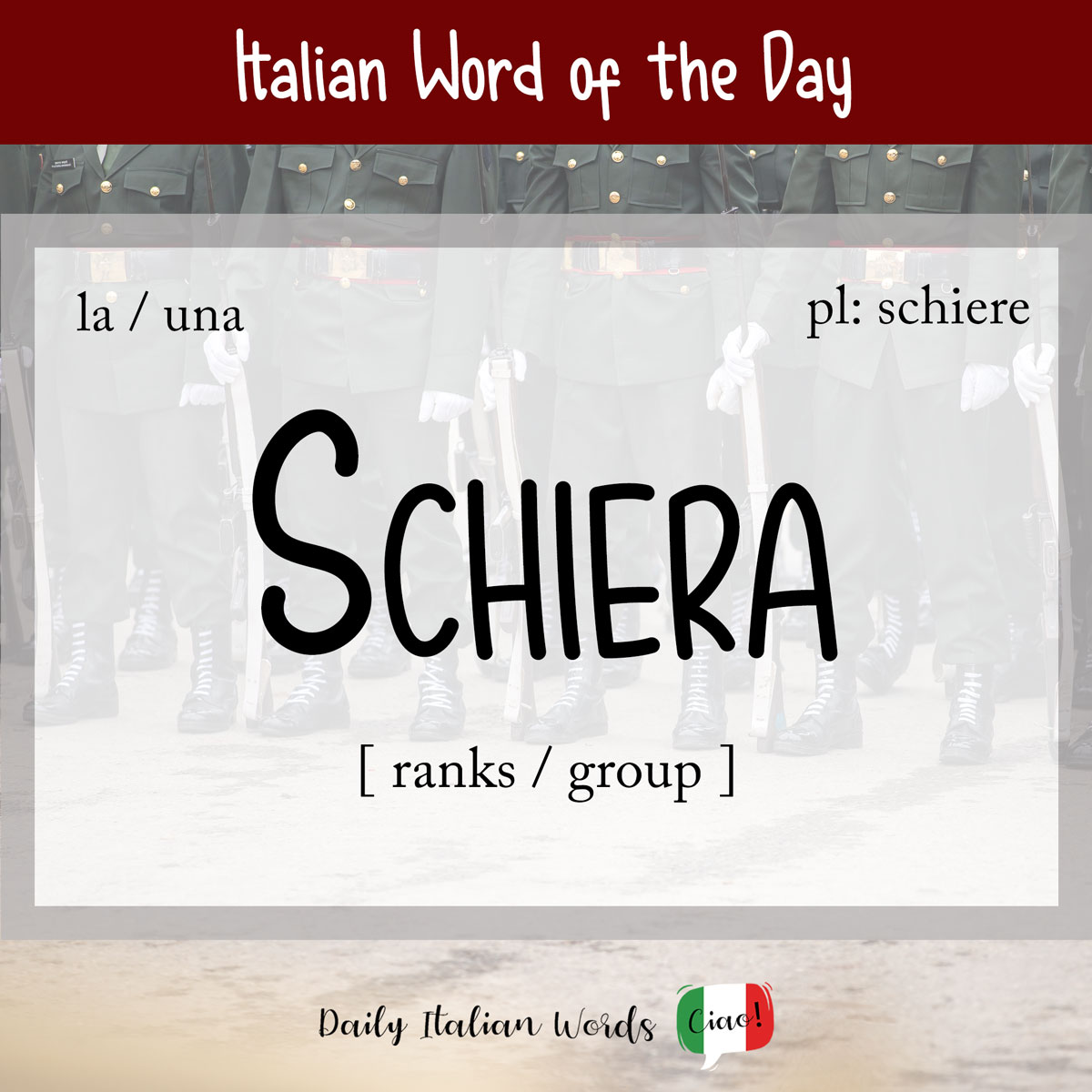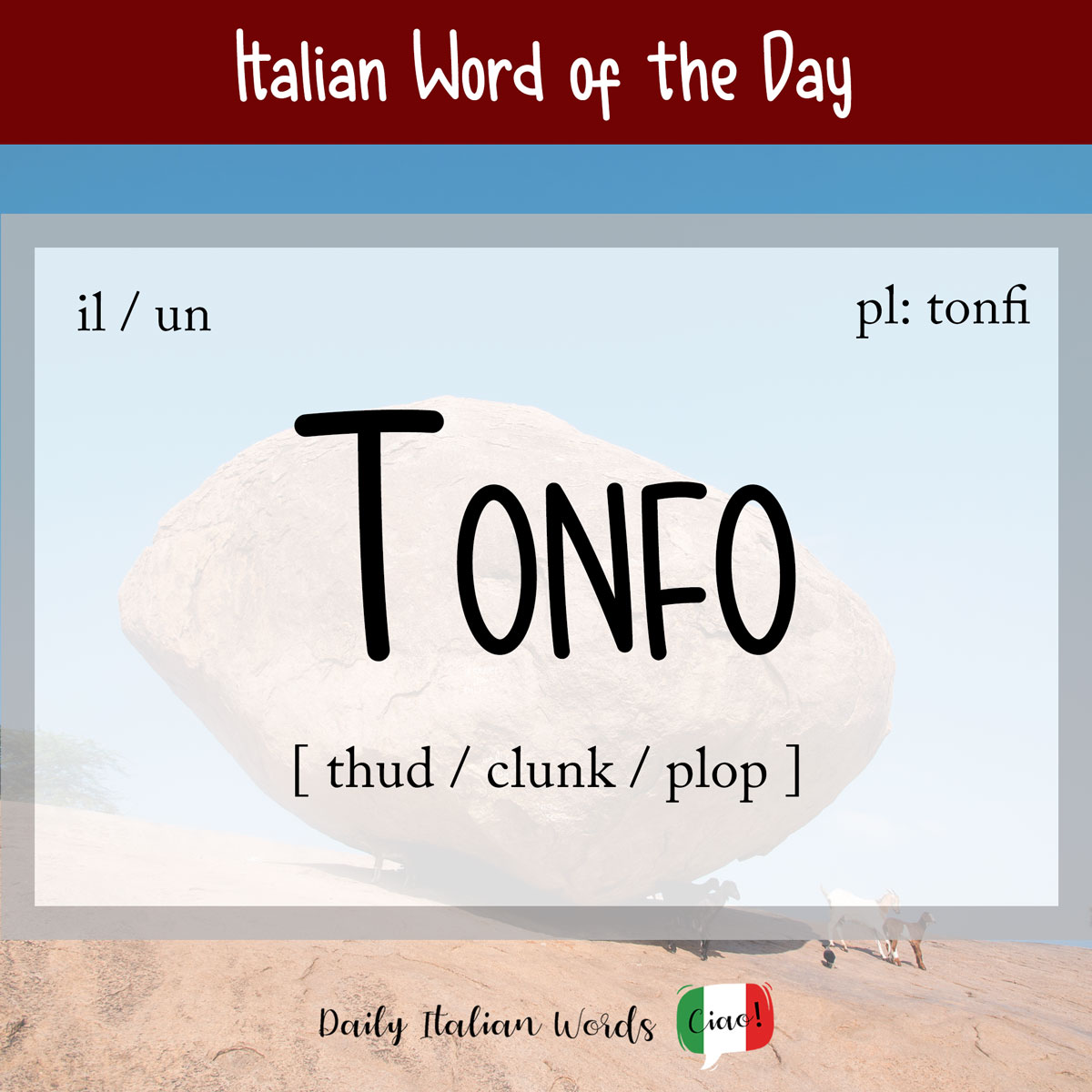Italian Word of the Day: Oibò (oh / oh my / darn)
Today we’re going to be looking at the short yet fun word oibò! According to Treccani, oibò (also written ohibò with an “h”), is an exclamation of onomatopoeic origin used to express a range of emotions, including indignation, nausea, contempt, surprise, and disapproval. Some possible translations include oh, well, oh my, darn and my goodness. …






